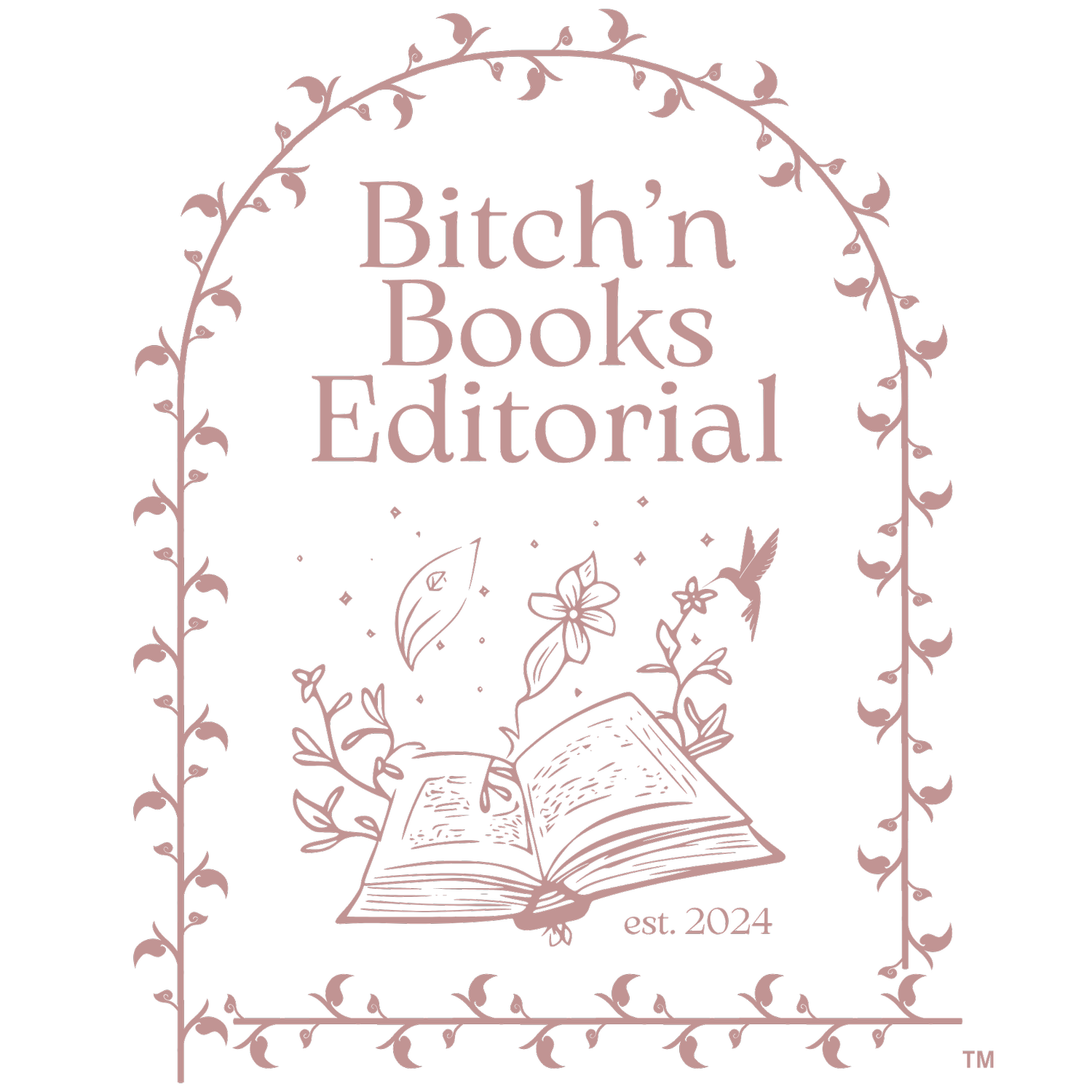Don’t Wait Until “The End.” A guide for when to book your editor.
One of my favorite things to see is an inquiry email about editing. I often schedule myself so that I have time to fit in an emergency edit, but I love when an author reaches out well in advance of needing my services. So when is the best time to reach out for samples? Let’s talk about it!
First thing first, what is your timeline? You want to reach out to editors for samples well ahead of when you actually want to book them. Editors can fill their schedule months ahead of time, so its never too early to ask about their availability and get on their radar. Don’t wait until you’re ready for an editor to start looking. So what should your timeline be?
Developmental Edit: This can happen after your second draft. You want to make sure to go through your first draft on your own and fix any easy spelling and grammar issues, as well as to make sure the story makes sense. You’ll be amazed at what you will find during your second read through. Typically, editors will have packages if you want to work with the same person for the rest of your project. Your editor will help you with next steps for line and copy editing after this, along with a timeline.
When to book a Developmental Edit: You’ll want to start looking to book near the end of your first draft. And then pass it over when you’re finished with your second draft.
Line Editing: This edit comes after your story is locked in. If you chose not to do a developmental edit, no worries! This edit comes after your third or fourth draft. You want to make sure you are confident about your story, character arcs, and choices. Then your editor can come in and make those prose sing. The cleaner of a copy you give to your editor, the more they can focus on making each line the best it can be. Lots of editors will combine copy and line editing into a package as well. So they will be able to do the copy at the same time.
When to book a Line Edit: Start looking when you’re on your third draft. That way you can book before you’re ready and pass it over when you’re finished with your fourth draft.
Copy Editing: This edit comes when you are done with your book. If you choose to do line edits, the copy edit will come directly after. If you choose not to do line edits, the copy edit will come after your final draft.
When to book a Copy Edit: When you begin your second to last or final draft, start asking for those samples.
Proofread: Some editors will add this into their packages. If you want to get a proofread done, I highly recommend finding someone new to do the final pass. This will help the new proofreader see any and all mistakes that were left after editing.
When to book for Proofreading: When your book is being copy edited, or before you turn your book over for its final edit.
What point of the writing and editing process are you at? Is it past time to start looking for your editor? Or are you not sure where your manuscript fits in the process? No worries! Check out my contact page, and we can get a sample set up. I can help you determine your next steps.
Next week I’ll talk about more ways to find your ideal match in an editor.
